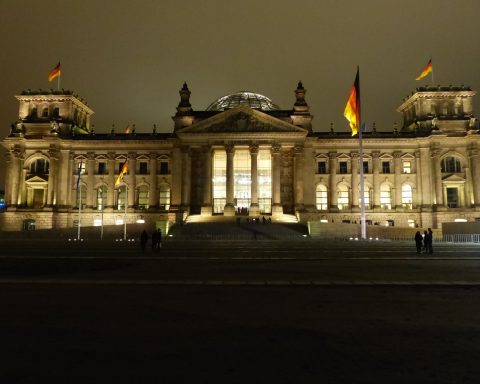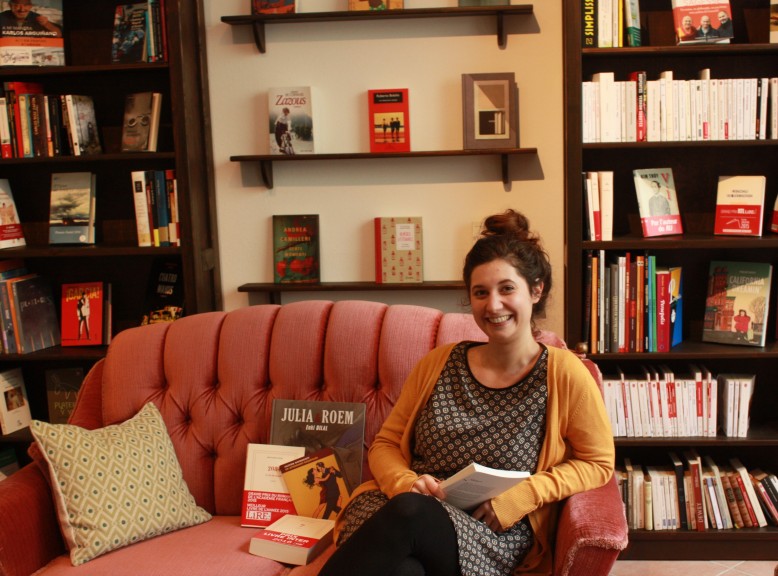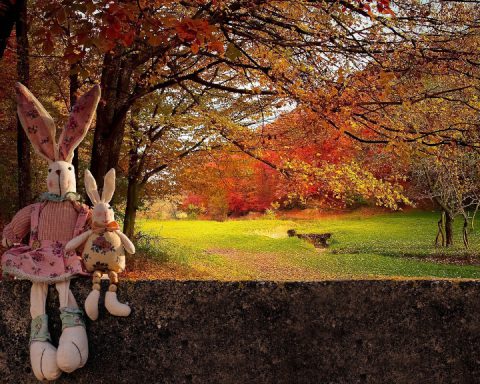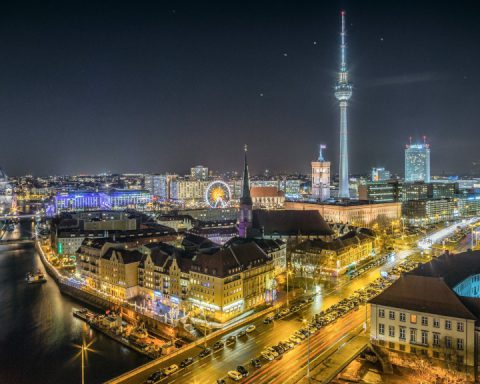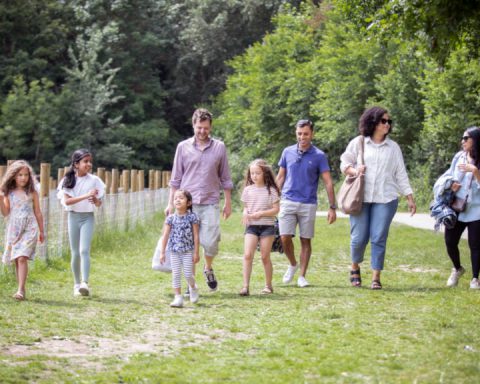It’s part of the expat life, noticing the date of your country’s national holiday, as you pull on your boots to march off to another day at the office. Today it’s my turn (as one of a growing number of compatriots locally) to think about my home and all it means to me on our national holiday: “Australia Day”, 26 January, 2017.
I feel torn.
I want to be thankful for the heritage of my birth country and reflect upon what I would like Australia to become in the future. It’s a wistful feeling, hope mingling with frustration at the distance I feel, even though I am informed daily by the news and family about life back home.
Australia continues to have its issues: the indefinite and inhumane detention of asylum-seekers, with offshore detention continuing to grab headlines as well as censure from both the United Nations and Amnesty International. Australia is also seeing the resurgence of the political party “One Nation”, which could be compared to local political developments (AfD et al) and some elements of Trumpism in the USA.
Nevertheless, Australians have rallied to support each other following tragedies which move beyond the traditional divisions of race, gender and religion. There is still the call for the “fair go” in a land where multiculturalism is reality and not an ideology. There remains courage emboldened by humour and endurance, which make life in the most barren and unforgiving continent in the world possible.

But January 26 as a national holiday? I’ve felt uneasy about that since since my childhood in Cootamundra, NSW. It’s the date chosen to commemorate the landing of Captain Arthur Phillip with the First Fleet, setting foot on the lands of the Eora Nation on this day in 1788.
The foundation of a new colony for the British Crown was declared without consent or negotiation. The initial claim of the colony of New South Wales was built upon the legal fiction of “Terra Nullius” (Latin for “no one’s land”). But which term can we use to describe this event? Is it a “settlement” or an “invasion”? The date is problematic, and debate continues to rage across dining room tables and in the media annually. Again.

Photo credit: State Library of New South Wales collection via Visual hunt / No known copyright restrictions
What followed the first “Australia Day” was a history of dispossession and disgrace, despite some attempts to understand and consider the concerns of the first inhabitants. My own home town had the Cootamundra Aboriginal Girls’ Training Home, which “trained” young girls who had been taken away from their families, because they were indigenous and required “cultural and domestic improvement”.
If an alternative date were to be set, when could that be?
To move the day to one involving the formal declaration of Australia as an independent country through an Act of the British Parliament (January 1, 1901) has two key objections: Australians love a public holiday and don’t want to lose New Year’s Day; the original inhabitants are not acknowledged in the legislation, continuing the legacy of dispossession.
However the debate rages, I will remember to be thankful for the two countries that have hosted my life thus far.
Feature photo: Cathy Freeman wins gold in 1994. Dons Australian and Aboriginal flags.


